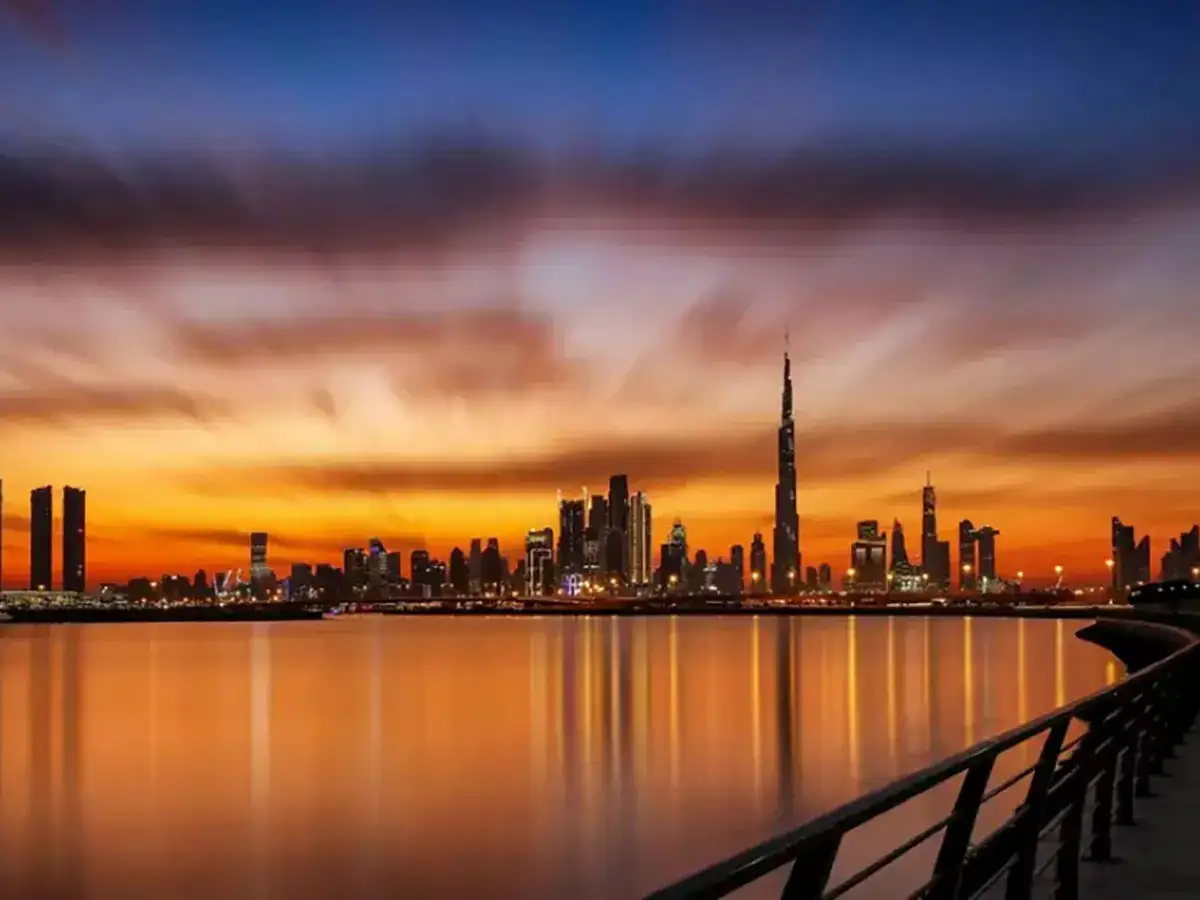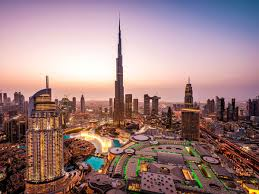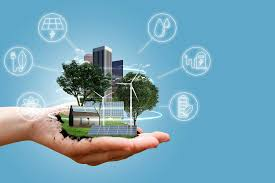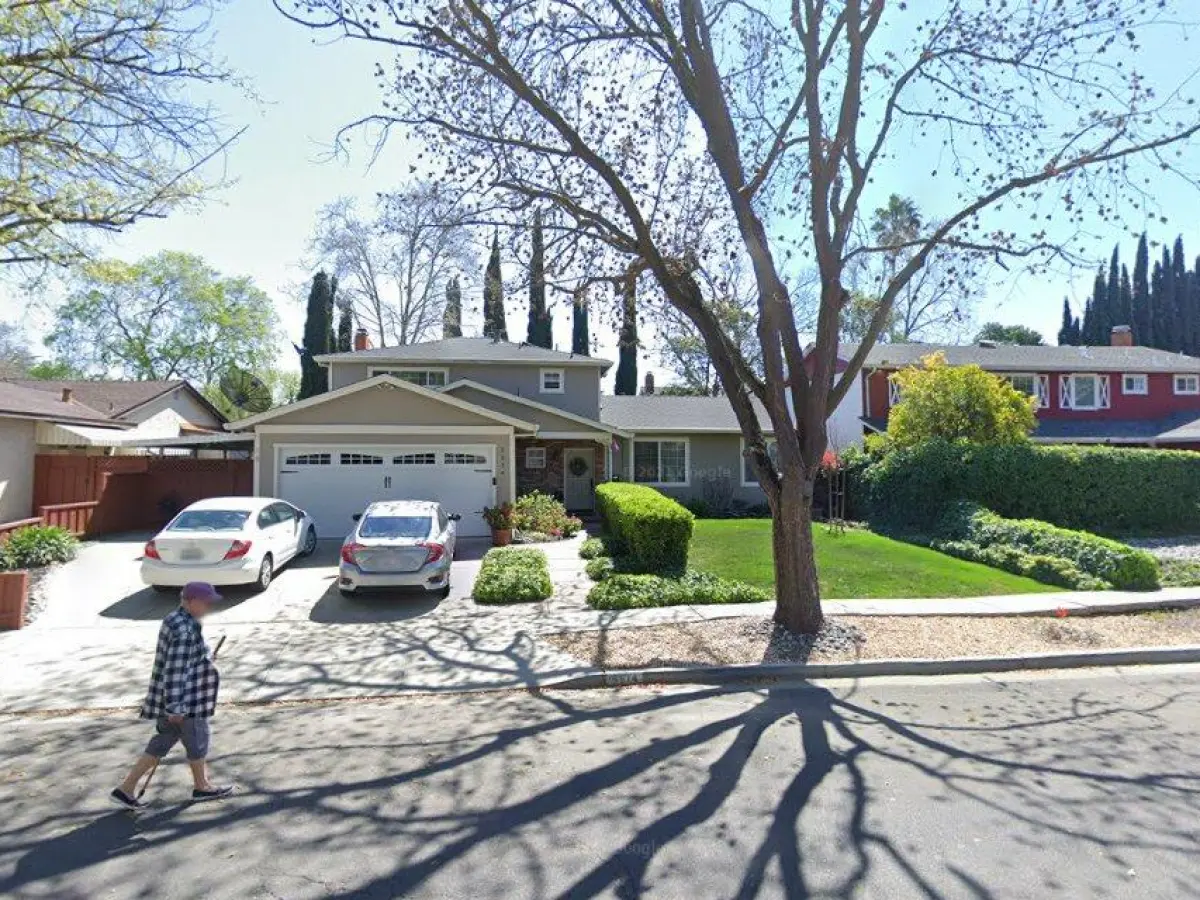Now Reading: “How Dubai Is Leading the World with Clean Energy Revolution 2025”
-
01
“How Dubai Is Leading the World with Clean Energy Revolution 2025”
“How Dubai Is Leading the World with Clean Energy Revolution 2025”

Table of Contents
Dubai, one of the fastest-growing cities in the world, is making global headlines not only for its skyscrapers and luxurious lifestyle but also for its ambitious move towards clean energy. As the world faces the challenges of climate change, pollution, and energy scarcity, Dubai has set a shining example by committing to renewable energy and a sustainable future.
In this article, we explore how Dubai is transforming its energy sector, the projects that are shaping this clean revolution, and why the world is watching this desert city with great interest.
The Dubai Clean Energy Strategy 2050: A Vision for the Future

Dubai’s leadership is clear in its vision. Under the guidance of Sheikh Mohammed bin Rashid Al Maktoum, the city launched the Dubai Clean Energy Strategy 2050. This roadmap aims to make Dubai a global center for clean energy and green economy.
The ambitious goal?
By 2050, Dubai wants 100% of its energy to come from clean sources, such as solar, wind, and nuclear power.
The strategy also aims to reduce the city’s carbon footprint by 70%, making Dubai one of the least carbon-dependent cities in the world. This goal matches the UAE’s larger Net Zero 2050 strategy, which promises to cut carbon emissions to zero by mid-century.
The Mohammed bin Rashid Al Maktoum Solar Park: A Global Landmark
At the heart of Dubai’s clean energy success story is the Mohammed bin Rashid Al Maktoum Solar Park, the largest single-site solar park in the world.
Located in the desert about 50 kilometers south of Dubai city, the park is planned to have a capacity of 5,000 megawatts (MW) by 2030. When complete, it will reduce more than 6.5 million tonnes of carbon emissions every year — equal to removing 1.3 million cars off the road.
Currently, the park includes:
- Photovoltaic (PV) panels converting sunlight into electricity.
- Concentrated Solar Power (CSP) towers that store heat energy for nighttime power generation.
- A massive storage system, ensuring solar power is available 24/7.
This project alone shows how serious Dubai is about shifting away from oil-based energy to renewable power.
New Technologies Powering the Clean Revolution

Dubai is not only building solar parks; the city is also investing in new technologies to diversify its clean energy mix.
- Green Hydrogen Plant:
In 2021, Dubai opened the Middle East’s first green hydrogen production facility, in collaboration with Siemens Energy. This plant uses solar power to produce hydrogen, which can be used for fuel in transport, industries, and even homes. Hydrogen is seen as the future fuel for clean aviation and heavy transport. - Waste-to-Energy Plants:
Dubai also plans to convert household waste into electricity. The upcoming Dubai Waste Management Centre will process 5,666 tonnes of waste per day, producing enough energy to power 135,000 homes. This reduces landfill pollution and creates sustainable power. - Electric Vehicle (EV) Infrastructure:
Dubai is building charging stations all over the city to support electric cars. Under its Green Mobility Strategy, the government offers incentives for EV owners and plans to make 25% of all transportation in Dubai autonomous and electric by 2030.
Why Clean Energy is Important for Dubai
Dubai’s move towards clean energy is not just about the environment — it’s also about the future of its economy.
For decades, Dubai and the wider UAE have depended on oil and gas. But the leadership knows that to remain competitive in a fast-changing world, the economy must diversify. Clean energy offers:
- New jobs in solar, wind, and green tech industries.
- Energy security, reducing dependence on imported fuels.
- Cleaner air for residents, reducing health problems caused by pollution.
- A chance to become a global hub for sustainable innovation.
Dubai’s clean energy strategy could also attract billions of dollars in foreign investment, as green investors and climate-conscious companies seek environmentally friendly markets.
Challenges Dubai Must Overcome
While Dubai’s clean energy plans are impressive, they come with challenges:
- High upfront costs for building solar parks and storage systems.
- The need for advanced grid technology to handle variable renewable energy supply.
- Changing public behavior to support green living — such as using public transport or switching to electric cars.
However, Dubai’s government has shown that it is serious about overcoming these obstacles by working with international partners and offering incentives for private companies.
Global Recognition for Dubai’s Efforts
Dubai’s progress in clean energy is gaining attention worldwide. In 2023, the city hosted the United Nations COP28 climate summit, highlighting its role as a leader in global climate action. Experts from around the world praised Dubai’s efforts to invest billions into renewable energy.
The city is also working closely with organizations such as the International Renewable Energy Agency (IRENA) and other countries on joint clean energy projects.
The Road Ahead: What’s Next for Dubai?
Looking to the future, Dubai plans to:
- Increase its share of clean energy to 25% by 2030, 75% by 2040, and 100% by 2050.
- Build more solar farms, battery storage systems, and green hydrogen plants.
- Support research and development in next-generation technologies like carbon capture, artificial intelligence in energy management, and smart grids.
By sticking to its strategy, Dubai could become the cleanest, greenest city in the Middle East, setting a model for other countries to follow.
Conclusion: A Bright, Green Future for Dubai
Dubai’s clean energy journey shows that even cities built on oil wealth can change direction and lead the world in renewable energy. With its massive solar parks, green hydrogen projects, and waste-to-energy plants, Dubai is building a future that is both profitable and sustainable.
For investors, environmentalists, and city planners across the globe, Dubai’s clean energy revolution is a sign that the future of power is not in oil — but in the sun, wind, and innovation.
Read More:- Deyaar’s Latest Announcement Shakes Up the UAE Property Market





















